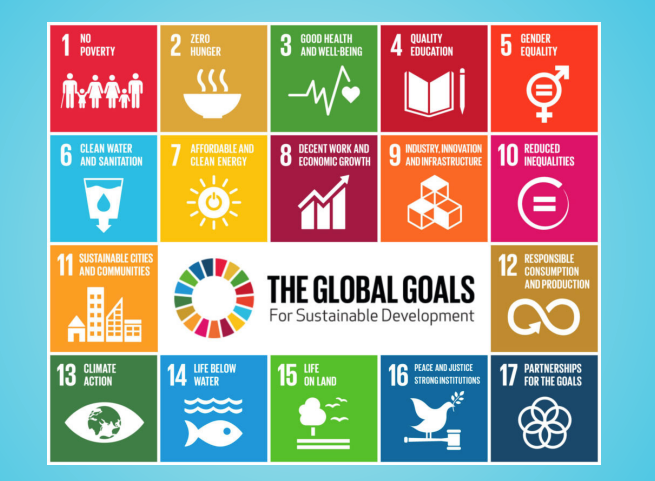Inside BENEO’s new pulse plant: pioneering sustainable protein from faba beans
In India, agriculture was the only sector that grew well last year when all other sectors failed
Governments across the world are training their guns on the COVID-19 induced economic depression and trying their best to put things as they were. Apart from the evident direct hit to the economy, the pandemic has severely a ected the social development sectors. Crucial among them relates to food security, eradicating hunger, and the supply of nutritious food.
The World Bank brief reveals that COVID-19 has led to severe and widespread increase in global food insecurity. An increasing number of countries are facing growing levels of acute food insecurity, reversing years of development gains. Acute hunger was on the rise even before COVID-19 due to various reasons. Reduced incomes and disruption in supply chains have worsened the situation rapidly.
Several countries are witnessing a sharp rise in food prices. The Agriculture Commodity Price Index in mind-June was 33 per cent higher than in January 2020 and cereal prices increased 43 per cent during the same period. The price index stood at the highest level since 2013. This was the reflection of high food price in ation in retail in various countries.
High prices due to growing demand, couple with disrupted supply chains and reduced incomes due to salary cuts or loss of jobs has further worsened the situation. This has led to people cutting down on consumption, calories, nutritious food and balanced diets, according to the World Bank in its quick survey of 48 countries. An estimated 96 million people from 54 countries were pushed into food insecurity by December 2020, in addition to the already existing 137 million acutely food insecure people by December 2019. This includes an estimated 6.7 million children hit by malnutrition last year, almost 15 per cent increase.
The real impact of these growing numbers of food insecure and malnourished people and children will be seen after some years. Stunting and wasting in children, anaemia in both men and women, etc. which will further burden individuals and nations. Food fraud is another projected outcome. Small farmers will end up consuming grains set aside for the next season, resulting in food shortage by next year onwards.
Fortunately, in India, agriculture was the only sector that grew well last year when all other sectors failed. But, the food system in India was a ected in terms of food imports. For instance, pulses import has reduced by almost 42 per cent than the previous year. The imports are a ected due stricter testing because of the pandemic and availability of lesser staff due to lockdowns and employees testing COVID-19 positive. This is delaying the clearances of consignments when actually faster clearances are required for smooth flow.
Some small importers had to, shut shop due to the nationwide lockdown. Those who are operating somehow are facing delays. The food industry is already in a problem as all kinds of events – from big conferences & expos to weddings – small social gatherings where food is required are cancelled and restaurants not operating to their full capacity, reducing the food demand. This has impacted the whole food supply chain and naturally imports too.
The industry is thus demanding green channels for imported food items and applying globally approved standards to the imported items where any speci c product is not included in the rules.
Considering the various aspects – the dire state of the sector, need to ensure food security, supply of nutritious food, controlling the spiraling prices – the government will have to act on various fronts. In such a situation it should consider the demands of the importers.
On the international level, various governments and authorities will have to address the problem of supply to bring down the prices to ensure food security and nutritious food. The upcoming United Nations Food Systems Summit, to be held in September, is planning to chalk out a long-term action plan for global food system. At the same time, it must also plan to make supply chains more resilient in the post-COVID-19 era.
Dr Milind Kokje

